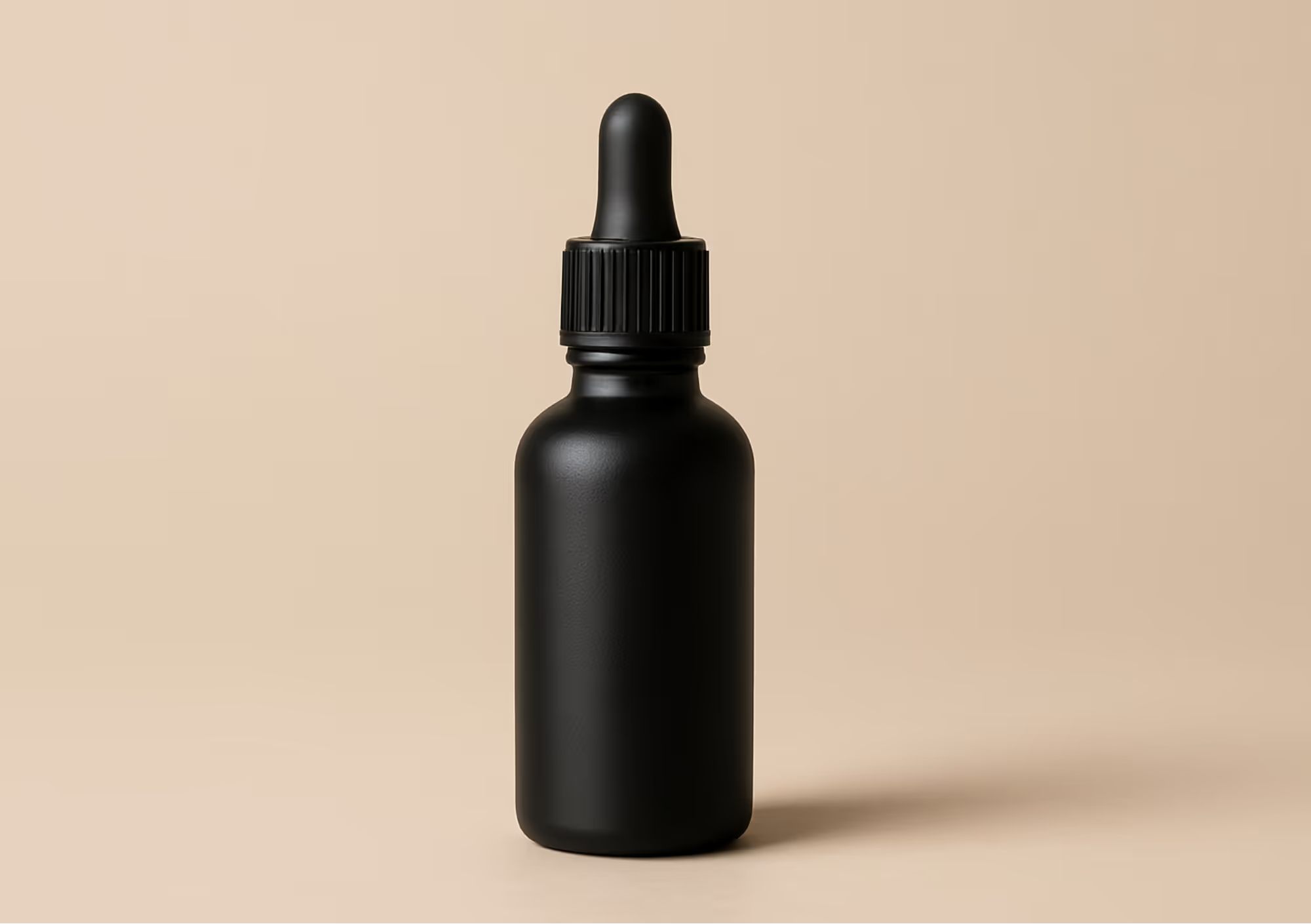
Interest in THC oil has grown significantly in recent years, particularly following legal changes in the UK in 2018 that allowed specialist doctors to prescribe certain cannabis-based medicines under specific conditions.[1] According to market analysis, Prohibition Partners has forecasted that active patient numbers in the private sector are expected to exceed 60,000 by the end of 2024. [2]
This article provides a factual overview of what THC oil is, how it differs from over-the-counter (OTC) CBD oil, and what UK regulations say about its legal status and use under specialist care.
THC oil is a term used to describe a concentrated extract derived from cannabis plants that contains tetrahydrocannabinol (THC), a psychoactive compound. This extract is typically diluted in a carrier oil, such as olive or coconut oil. Because THC is a controlled substance in the UK, any product containing it is subject to strict legal regulation. These products are not available for general purchase and may only be prescribed under specialist clinical supervision where legal conditions are met. [3]
THC interacts with the body's endocannabinoid system (ECS), which plays a role in regulating a range of bodily functions including mood, sleep, appetite and pain processing. The way THC affects individuals varies depending on multiple factors, such as personal biology and the amount used. Products containing THC may influence perception, concentration or physical coordination, which is why any legal use must be carefully managed through clinical oversight. [4]
In the UK, products containing THC may be prescribed by specialist doctors listed on the General Medical Council’s Specialist Register, and only when licensed treatments have not worked or are unsuitable. Specialists assess each case individually based on medical history, treatment response and regulatory criteria. [5]
Conditions that may be considered in clinical assessments, subject to individual patient assessment, include:
In all cases, eligibility is determined by the prescribing clinician. A prescription is considered only when appropriate under clinical judgment and legal requirements.
THC oil is classified as a Schedule 2 controlled substance under the Misuse of Drugs Regulations 2001. [6] It is not available over the counter or through general pharmacies. It may only be prescribed by an authorised specialist doctor and only in cases where other options have proven ineffective. All aspects of prescribing, supply and follow-up must follow strict legal, regulatory and clinical standards.
Dispensed does not supply or promote THC oil or any cannabis-based products.
There is often confusion between THC oil and OTC CBD (cannabidiol) oil.
Here's a clear breakdown:
Only THC-containing products require specialist oversight and legal prescription. CBD products sold OTC must not make medical claims and cannot be marketed for therapeutic use.
Any product containing THC may produce side effects. These can vary depending on the individual and the amount used. Some commonly reported issues include:
All suspected adverse effects from prescribed cannabis-based medicines must be reported via the MHRA Yellow Card scheme. [7] Prescribers monitor patients closely and may review treatment as needed. These products are not suitable for unsupervised use.
Patients considering treatment with an unlicensed cannabis-based product, including those containing THC, typically follow this pathway:
Prescribing decisions are always made by qualified specialists. Eligibility is not guaranteed and must follow national guidance.
Only under specialist prescription. It is classified as a controlled substance and not available for general sale.
Yes. THC is psychoactive and may alter perception or cognition. These effects vary depending on dose and individual sensitivity.
No. THC oil is not legally available for purchase in the UK, without a valid prescription from a specialist doctor.
CBD oil is non-psychoactive and legal to purchase if it meets specific safety and labelling requirements. It must not contain more than trace levels of THC and cannot be sold as a medicine.
The information provided in this article is for general informational purposes only and does not constitute legal or medical advice. Always consult a qualified healthcare professional for advice about your health and any treatment options. Dispensed is not responsible for any errors or omissions or for any actions taken based on the information provided herein. While we review and update our educational content on a regular basis, its accuracy can only be assured as of the date of publication (June 2025). We cannot guarantee that all information remains current at the time of reading due to changes in clinical guidelines, legal frameworks or regulatory updates.
References
Take the test and discover if you're eligible. We do the rest.
Take the next step